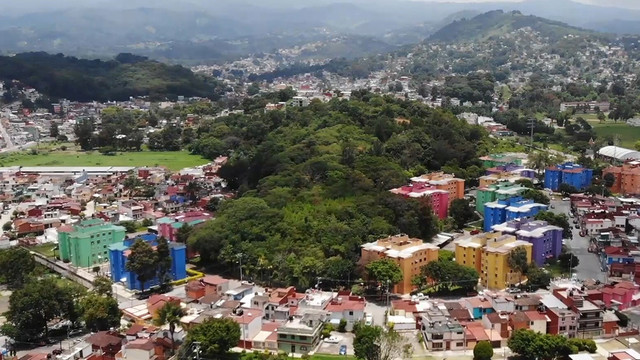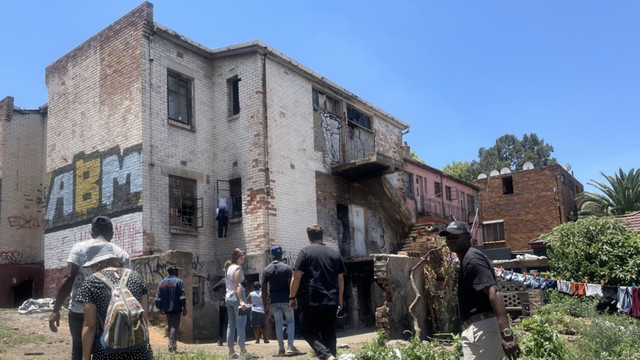New evidence shows the hidden value of improving housing in informal settlements
A new Habitat for Humanity and IIED report shows that the substantial benefits from increased access to adequate housing not only improve the lives of those living in informal settlements but also affect entire societies.
Informal housing in Bangkok, Thailand (Photo: Camila Cociña, IIED)
A lack of affordable and responsive housing initiatives is deepening housing injustices, meaning cities are becoming more unequal and less resilient.
Everyone deserves the opportunity to live in an affordable home that has sufficient space, is structurally sound, and is connected to basic services such as water and sanitation. And people living in such homes should have secure tenure that protects them against forced evictions, harassment and other threats.
IIED, as part of its housing justice agenda, is working with partners to generate awareness among policymakers and international development agencies about the fundamental role that housing plays in advancing social justice, wellbeing and environmental sustainability.
And a new Habitat for Humanity and IIED report, ‘Improving housing in informal settlements: assessing the impacts in human development’, highlights the impact of large-scale housing improvements in a country, enabling everyone living in informal settlements to have equitable access to adequate housing. IIED researchers carried out an extensive literature review and conducted a statistical modelling exercise.
Impacts on informal settlements
The resulting report also explores how increased access to adequate housing in informal settlements affects a country’s economic development and, more importantly, what would be its impact on income, health and education for both residents of informal settlements and wider society.
The evidence produced is clear: when residents of informal settlements do better, everyone does better.
Key findings include:
-
At the national level, equitable access to adequate housing in informal settlements can generate a direct impact of as much as 10.5% economic growth (measured as either gross domestic product or gross national income per capita). The resulting increase in living standards among residents of informal settlements, taken as a whole, is likely to exceed the cost of improving informal settlements in many countries.
-
Life expectancy could increase up to 4% for countries around the world, adding 2.4 years of life on average. More than 730,000 preventable deaths could be avoided annually, a number that is higher than eradicating malaria globally.
-
The expected years of schooling in some countries would increase by as much as 28%. Globally, as many as 41.6 million additional children and young people could be enrolled in primary and secondary education. This is equivalent to 16.1% of the total number of children and young people currently missing education. That’s one out of every six schoolchildren in the world.
-
When combining the results of the three dimensions of the Human Development Index (HDI) — income, health and education — the modelling shows an overall impact in the human development level for countries. Providing access to adequate housing in informal settlements could lead to a jump of up to 18 places in the HDI country ranking and a change in human development level from low to medium, or from high to very high.
While these returns are impressive on their own, researchers suggest they are likely a substantial under-estimation of the overall benefits stemming from increased access to adequate housing, because improving the lives of those living in informal settlements has implications that go beyond their individual wellbeing.
Improving housing in informal settlements has a wider effect on environmental, political and care systems that support human development progress for everyone.
The report was released alongside Habitat for Humanity’s Home Equals campaign for more equitable access to adequate housing in informal settlements around the world.
Contact
Alexandre Apsan Frediani (alexandre.frediani@iied.org), principal researcher, IIED’s Human Settlements research group
Camila Cociña (camila.cocina@iied.org), researcher, IIED’s Human Settlements research group



